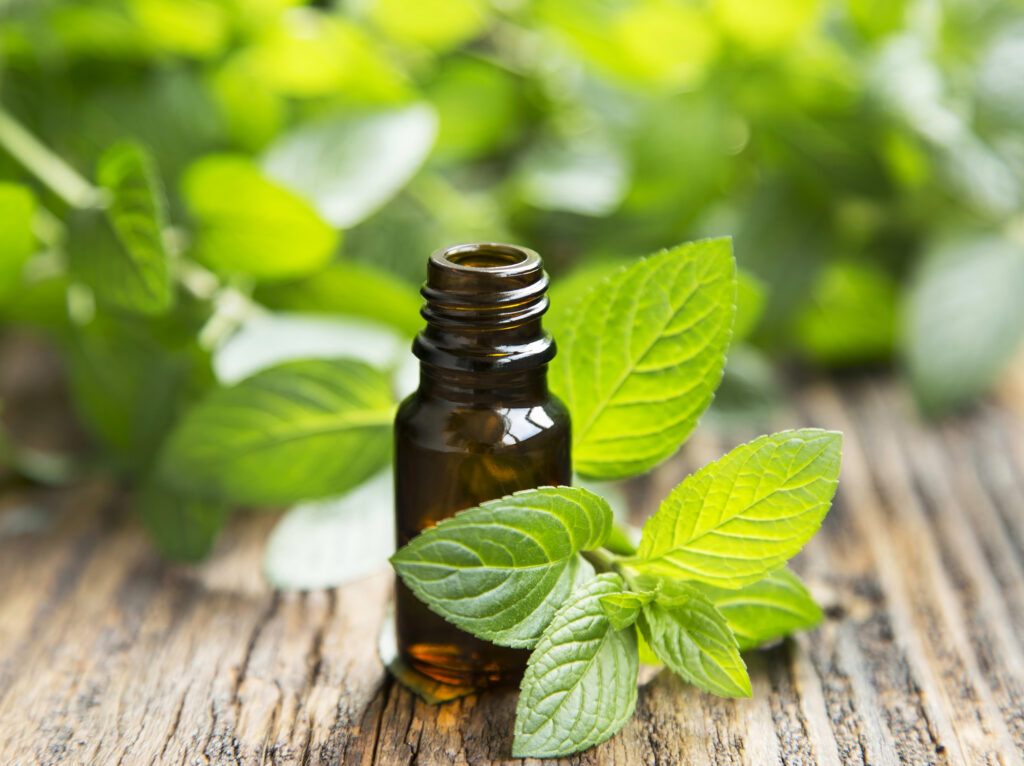Heart surgery is a necessary-but-grueling procedure that generally causes severe pain and sleeplessness in patients who undergo it. These post-surgery symptoms—and the drugs often used to treat them—can make recovery more difficult, possibly prolonging the time needed for mechanical ventilation and increasing postoperative complications, length of hospital stay, healthcare costs, and even risk of death.
To address this problem, scientists are constantly searching for effective alternatives that can boost the effectiveness of existing pain-relieving drugs or replace them altogether. Aromatherapy has been suggested as one such alternative, and previously published research shows that inhaled essential oils may be helpful. In fact, peppermint essential oil is already widely used in palliative care.
With these ideas in mind, researchers from Kashan University of Medical Sciences in Iran set out to investigate the potential of peppermint essential oil to reduce pain and improve the sleep quality of patients after open heart surgery.
The Study
The researchers randomly assigned 64 volunteers to be treated with either 0.1 ml of 10% essential peppermint oil or a placebo (10 ml of distilled water) 30 minutes before their breathing tubes were removed after surgery, and then 3 times daily via a nebulizer for two days. Both groups were similar in terms of sex, age, and weight; type of surgery; time under general anesthesia; length of intubation; pain relievers given; and time spent on breathing support.
The researchers used the Numeric Pain Rating Scale and the St Mary’s Hospital Sleep Questionnaire to assess changes in pain severity and sleep quality, respectively. Their final analysis included 59 patients: 30 in the aromatherapy group and 29 in the comparison group.
After two days, the average pain severity score was 3.22 in the aromatherapy group and 4.56 in the comparison group, a statistically significant difference. In addition, average sleep scores on day one were 20.10 and 25.76 in the aromatherapy and comparison groups, respectively, falling to 18.63 and 22.62 on day two. (The higher the score, the poorer the sleep quality.) Those given peppermint oil aromatherapy also required less pharmacological pain relief than patients in the comparison group.
Conclusions
The researchers suggest that the main components of peppermint oil—carvone, limonene, and menthol—may be key to its pain-relieving qualities. They also point to previously published studies confirming the relaxing and sedative effects of peppermint essential oil. As patients experience a high level of postoperative stress and pain after waking up following heart surgery, reducing these issues likely also helps improve sleep quality.
The scientists emphasized that this was a small trial and that they weren’t able to exclude the possible environmental effects of light and noise on patients’ sleep quality, which may have affected scores. But while further research is needed, they say, these results are encouraging.
“The results show that inhalation of peppermint essential oil can reduce the pain intensity of patients after open heart surgery and consequently reduce the use of pain relievers by patients,” the researchers wrote in their conclusion. “Also, the use of this herbal product can improve the sleep quality of patients in the first nights after surgery and bring them more comfort. Considering the effect of peppermint essential oil inhalation on pain and sleep quality…it can be concluded that this herbal product can be safely used as a complementary treatment in relieving pain and making patients comfortable after heart surgery.”






